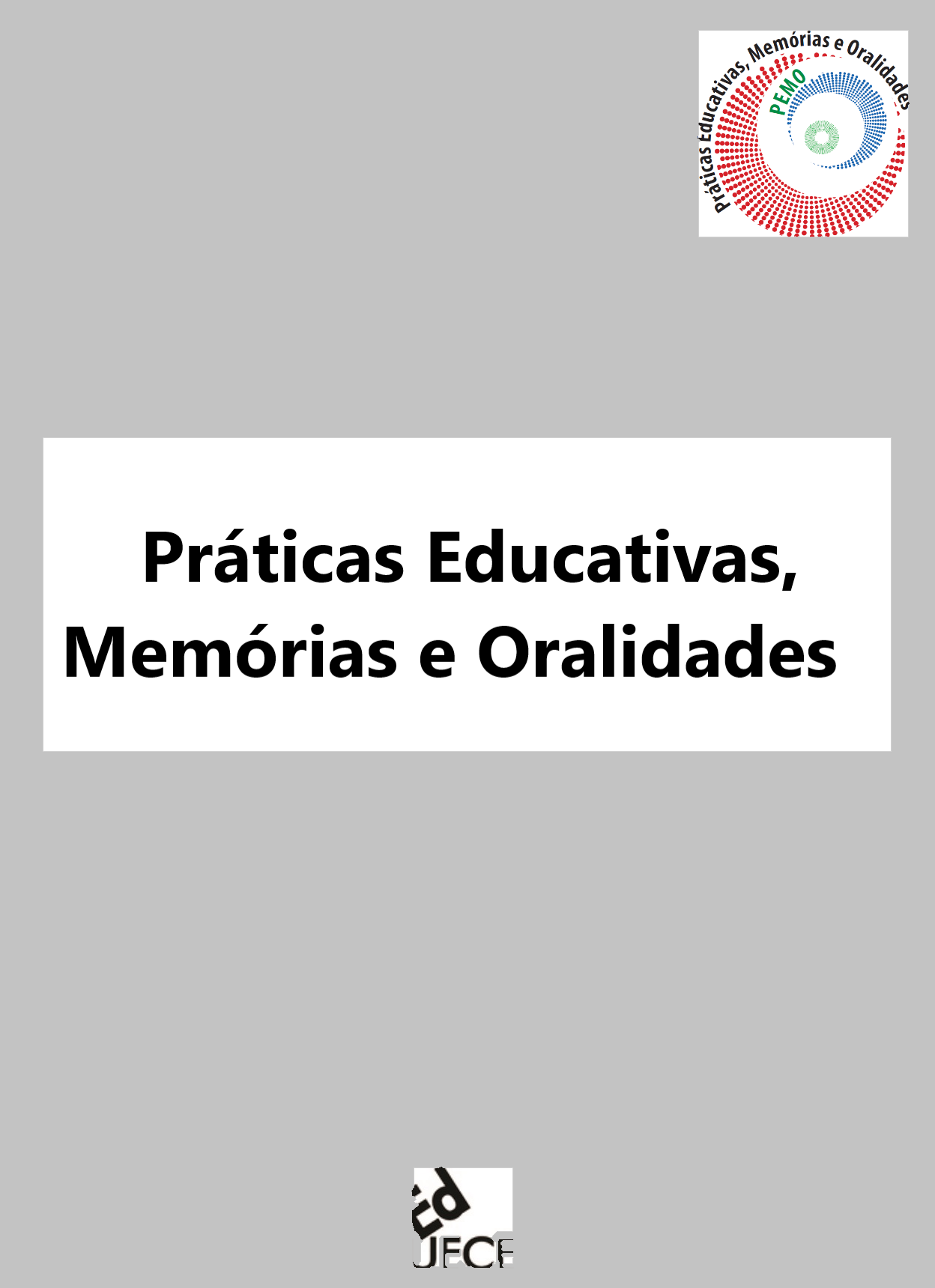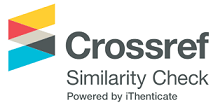Coffee with cinnamon from the perspective of black cinema and cultural history
DOI:
https://doi.org/10.47149/pemo.v5.e510637Keywords:
Black Cinema, Death, Mourning, Cotidiano, Recôncavo BaianoAbstract
This article aims, based on the 2017 film "Café com Canela", directed by Ary Rosa and Glenda Nicácio, to weave under the lens of Black Cinema, with direction, screenwriting and interpretation by black people and the Newest Brazilian Cinema, with a focus on regional social realist aspects, the educational character of this production involves in generational and gender aspects, in multiple temporalities, the plot offers insights into the daily life of the Recôncavo Baiano region and sensitivities about death, mourning, affections, and disaffection. Under the Cultural History analysis methodology, the film was subdivided into parts: the first, screening to 10 spectators selected for the study, the second, decoupage or decomposition of the scenes for description, and the third, reconstruction for the understanding of the relations between the elements and interpretation of the researchers and co-participants. The contribution was the understanding of cinema as a record/document of history and the proof of its nature educational for discussions about the humanization of Brazilian people.
Downloads
References
ALMEIDA, Sílvio Luiz de. O que é racismo estrutural? Belo Horizonte (MG): Letramento, 2018.
CAETANO, Sheila Cristina Silva Aragão. Um diálogo entre as constru[(a)ções] da percepção negativa do negro na sociedade brasileira e a exposição “Histórias Afro-Atlânticas” como plataforma de con[ver]s[ações] de mudança dessa percepção. Dissertação (Educação, Arte e História da Cultura) - Universidade Presbiteriana Mackenzie, São Paulo, 2020.
CARVALHO, Noel dos Santos. A trajetória de Odilon Lopez: um pioneiro do cinema negro brasileiro. História: Questões & Debates, v. 63, n. 2, p. 107-130, 2015. Disponível em: https://revistas.ufpr.br/historia/article/view/46704 DOI: https://doi.org/10.5380/his.v63i2.46704
CASSIER, Ernest. Ensaio sobre o homem: introdução a uma filosofia da cultura humana. BUENO, T. R. (Trad.)São Paulo: WMF Martins Fontes, 2012.
FANON, Frantz. Pele negra, máscaras brancas. São Paulo: Ubu, 2020.
FERNANDES, Florestan. A integração do negro na sociedade de classes. Vol. 1 - O legado da raça branca. São Paulo: Dominus/Editora Universidade de São Paulo, 1965.
FERRO, Marc. Culture et révolution. Paris: Éditions de L'EHESS, 1989.
HALL, Stuart. Cultura e representação. Organização e Revisão Técnica: Arthur Ituassu. Rio de Janeiro: Ed. PUC-Rio: Apicuri, 2016.
MANGUEL, Alberto. (2001). Lendo imagens: uma história de amor e ódio. Tradução de Rubens Figueiredo. São Paulo: Companhia das Letras, 2001.
MÄKI, Temuu. A Pratical Utopia. 2014. Disponível em: https://www.researchcatalogue.net/view/89494/89495. Acesso em: 25 jun. 21.
NASCIMENTO. Abdias. Teatro Negro do Brasil: uma experiência sócio-racial. Revista Civilização Brasileira, Julho. 1968.
NOVA, Cristiane. Novas lentes para a história: uma viagem pelo universo da construção da História e pelos discursos audio-imagéticos. Dissertação. (Educação). Universidade Federal da Bahia, 1999.
RAMOS, Alberto Guerreiro. Introdução crítica à sociologia brasileira. Rio de Janeiro, UFRJ, 1995.
RUFINO. Joel. O que é Racismo. Brasiliense, 1984.
SCHWARTZ, Rosana Maria Pires Barbato. Retratos da História: imagens e documento. In: Dina Maria Martins Ferreira. (Org.). Imagens o que fazem e o que significam. 1. ed. São Paulo: Annablume, 2010.
SOUZA NETO, João Clemente de; PRUDENTE, Celso Luiz; FERNANDES-MARCOS, Aderito. Dossiê: Função pedagógica do cinema negro. In Revista Trama Interdisciplinar. São Paulo: Mackenzie, 2023.
SHOHAT, Ella; STAM, Robert. Crítica da imagem eurocêntrica: multiculturalismo e representação. Cosac Naify, 2006
VANOYE, Francis; GOLLIOT-LÉTÉ, Anne. Ensaio sobre a Análise Fílmica. Campinas, Papirus.1994.
Published
How to Cite
Issue
Section
License
Copyright (c) 2023 Sheila Cristina Silva Aragão Caetano, Rosana Maria Barbato Schwartz, João Clemente de Souza Neto (Autor)

This work is licensed under a Creative Commons Attribution 4.0 International License.













